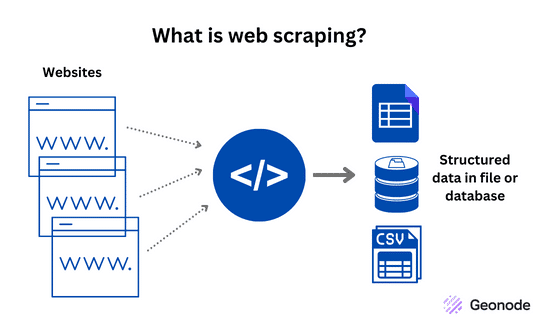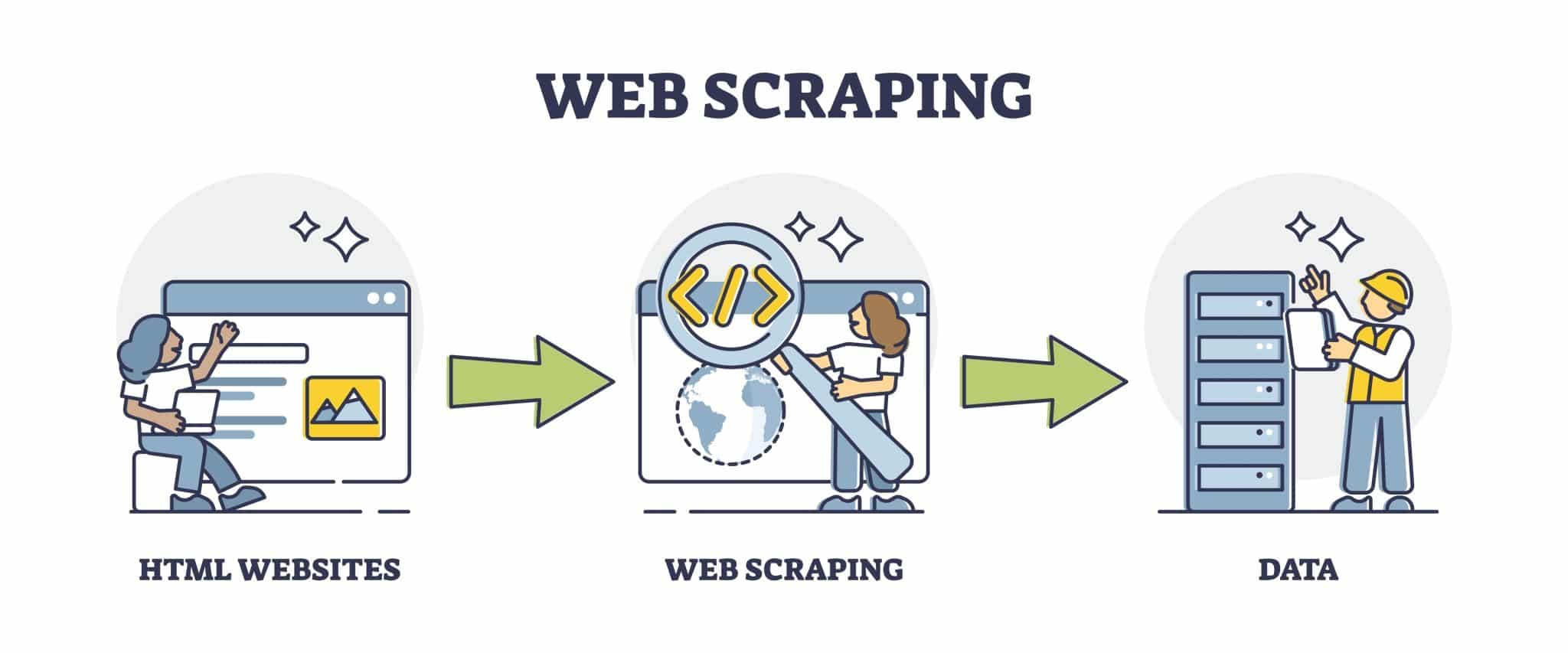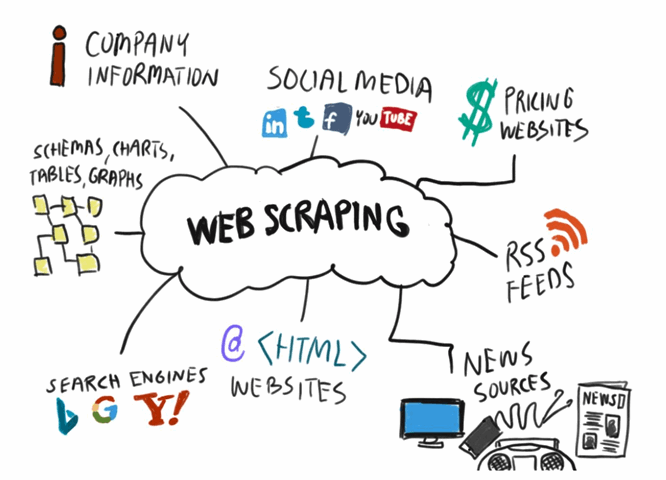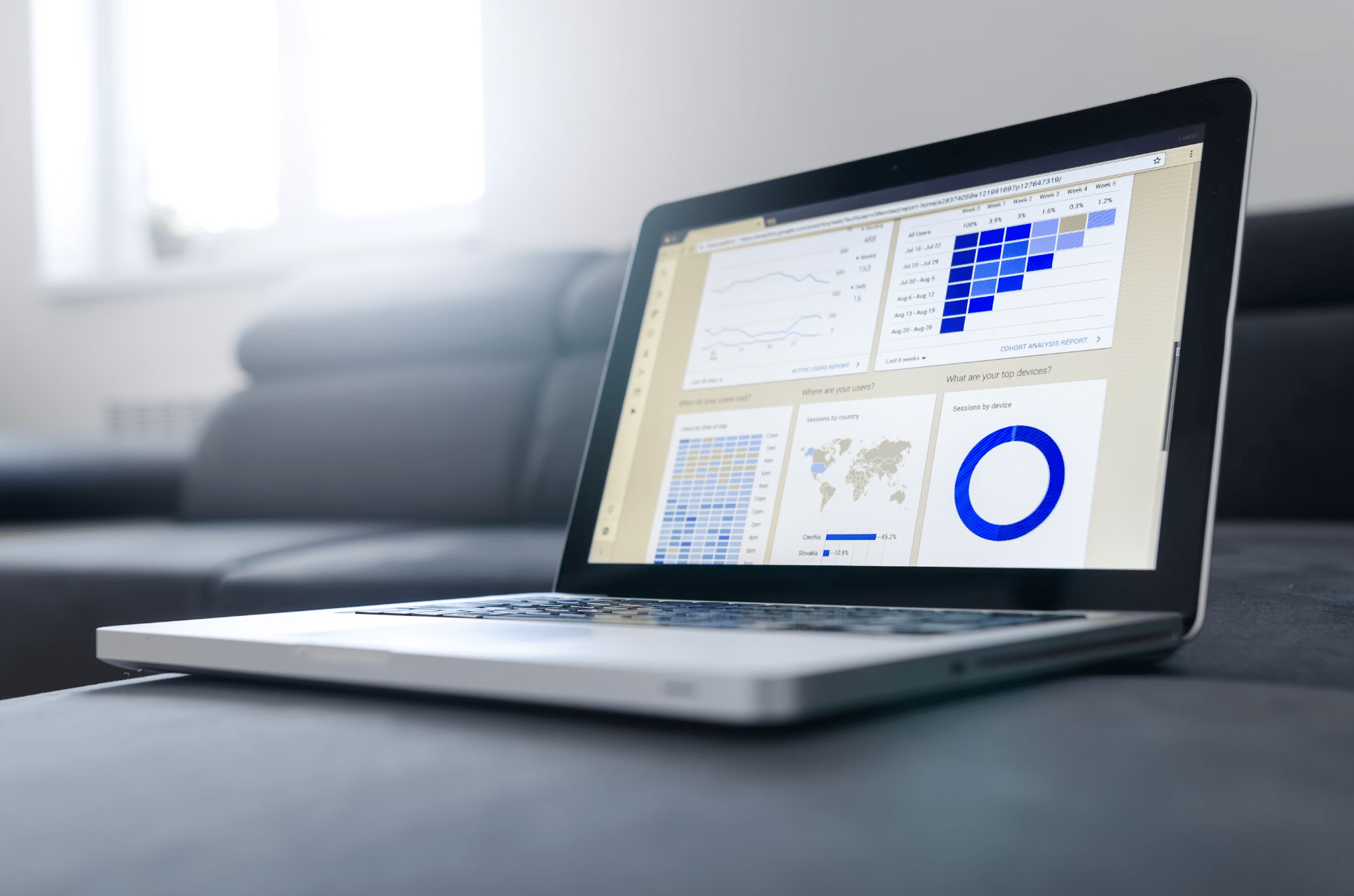Harnessing the power of data is essential for businesses seeking a competitive edge. One of the most effective methods for gathering this valuable information is web scraping.
This article will explore what exactly web scraping entails, how it actually works, and why it’s priceless for virtually every business out there. Understanding and utilizing web scraping can unlock significant opportunities, enabling more informed decision-making and strategic planning.
What Is Web Scraping?

This data can include anything from product prices and reviews to social media posts and news articles.
How Does Web Scraping Work?

1. Identify the Target Website
First, determine the website or web pages you want to extract data from. This could be competitor sites, industry news portals, e-commerce platforms, or any other source relevant to your business.
2. Evaluate the Website Structure
Next, examine the HTML structure of the target web pages. This step involves identifying the specific tags and elements that contain the data you want to extract. Tools like browser developer tools can help with this analysis.
3. Create or Use a Pre-Built Web Scraper
You can either develop a personalized web scraper using programming languages like Python and libraries like BeautifulSoup and Scrapy or pre-built web scraping tools. These scrapers send HTTP requests to the target web pages and parse the HTML to extract the desired data.
4. Extract and Store Data
The extracted data is then cleaned, structured, and stored in a database or spreadsheet for further analysis. This process ensures that the data is ready for use in various business applications.
Why Web Scraping Is Important for Your Business

1. Competitor Analysis
Understanding your competitors is key to staying ahead in the market. Web scraping lets you monitor competitors’ pricing, product offerings, and customer reviews in real-time.
This information can help you make informed decisions about your own product strategies and pricing models.
2. Market Research
Web scraping enables you to gather large volumes of data from various sources, providing a comprehensive view of market trends and consumer preferences.
This data-driven approach to market research helps you identify new opportunities, understand customer needs, and tailor your offerings accordingly.
3. Generating Leads
Finding potential customers can be time-consuming. Web scraping can automate the process by collecting contact information, social media profiles, and other relevant data from multiple sources.
This enables your sales team to focus on converting leads rather than searching for them.
4. Content Gathering
For businesses that rely on content, such as news websites and blogs, web scraping can automate content aggregation from different sources.
This ensures that your platform is continuously updated with the latest information, keeping your audience engaged.
5. Data-Driven Decisions
Access to accurate and up-to-date data is crucial for making informed business decisions. Web scraping provides a steady stream of relevant data, allowing you to analyze trends, measure performance, and make strategic decisions based on real-time information.
Proxies: Priceless for Web Scraping
Web scraping presents a challenge when faced with the restrictions imposed by numerous websites. Many websites today implement measures to identify and stop automated scraping, such as restricting the number of requests from one IP address.
This is where proxies become crucial. And they don’t cost an arm and a leg! Most rotating proxy pricing options are affordable to both individuals and businesses.
Proxies serve as intermediaries between your web scraper and the desired website. They enable you to send requests through IP addresses, giving the impression that multiple users are accessing the data.
You can significantly boost your web scraping endeavors by utilizing a proxy service like Go Proxies. Offering proxy options, like residential, data center, and mobile proxies, Go Proxies delivers the flexibility and reliability required for successful web scraping activities.
Ethical Considerations
When engaging in web scraping, it is crucial to do so responsibly and lawfully. Make sure that your scraping practices align with the terms of use of the websites you are scraping. Furthermore, adhere to data protection laws. Refrain from scraping sensitive personal data without proper authorization.
Conclusion
Web scraping is a tool that can revolutionize how your business gathers and utilizes information. Whether it’s for analyzing competitors, conducting market research, generating leads, or aggregating content, web scraping offers a range of helpful uses.
Utilizing web scraping methods along with proxies to overcome limitations enables your business to obtain insights and make data-based decisions. By embracing web scraping technology and utilizing a proxy service, your business can gain a notable edge in the competitive arena, allowing it to prosper in the digital realm.


